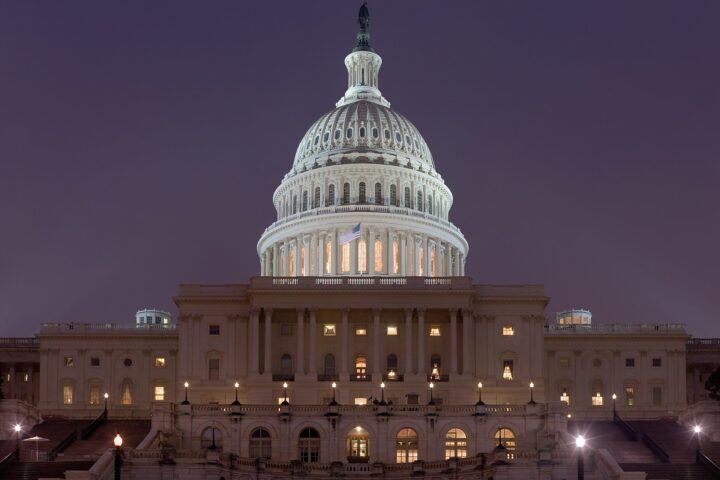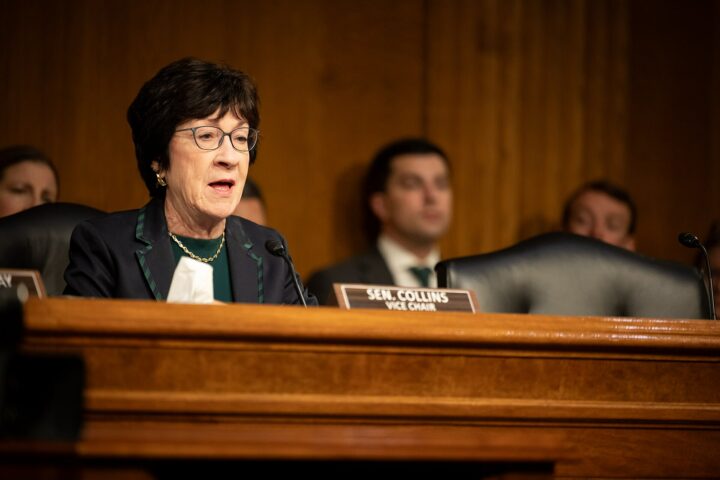In a significant reversal, Oregon Gov. Tina Kotek has now signed a bill that reinstates criminal penalties for the possession of small amounts of hard drugs.
This move comes as a disappointment to advocates who had seen the initial law as a potential solution to the state’s worsening addiction and overdose crisis.
According to recent legislation, individuals found in possession of small quantities of drugs like heroin or methamphetamine will now face misdemeanor charges, potentially resulting in a maximum jail sentence of six months.
A new approach is being considered where drug treatment could be provided instead of imposing criminal penalties.
In a letter to state legislative leaders, Kotek emphasized the crucial importance of achieving complete coordination among the state and various participating agencies, including the criminal justice system and health providers, for the success of the law.
In a recent legislative move, House Bill 4002 was passed with an overwhelming majority, effectively reversing a crucial aspect of a voter-approved initiative aimed at decriminalizing small quantities of drugs.
Critics of the legislation, such as treatment service providers and public defenders, argue that the recently passed law represents a regression to the ineffective war on drugs era.
They contend that this approach resulted in overcrowded prisons without effectively addressing the issue of drug addiction.
In 2020, Oregon voters resoundingly approved Measure 110, a measure aimed at decriminalization.
It implemented measures to decrease penalties for the possession of small quantities of hard drugs and established a comprehensive framework to facilitate individuals in accessing treatment services.
A significant amount of marijuana tax revenues, totaling hundreds of millions of dollars, were originally designated to support drug treatment and harm reduction initiatives.
However, the efforts did not result in a better care network for a state that unfortunately has the second-highest rate of substance use disorder in the country and is ranked last in terms of access to treatment, as revealed in an audit report published last year.
Lawmakers who were against decriminalization from the beginning found themselves increasingly frustrated by the lack of access to and incomplete implementation of services.
The surge in overdose deaths, primarily fueled by fentanyl usage, coupled with a rise in homelessness, has sparked a significant political backlash.
[READ MORE: Dennis Kucinich Running for Congress]








